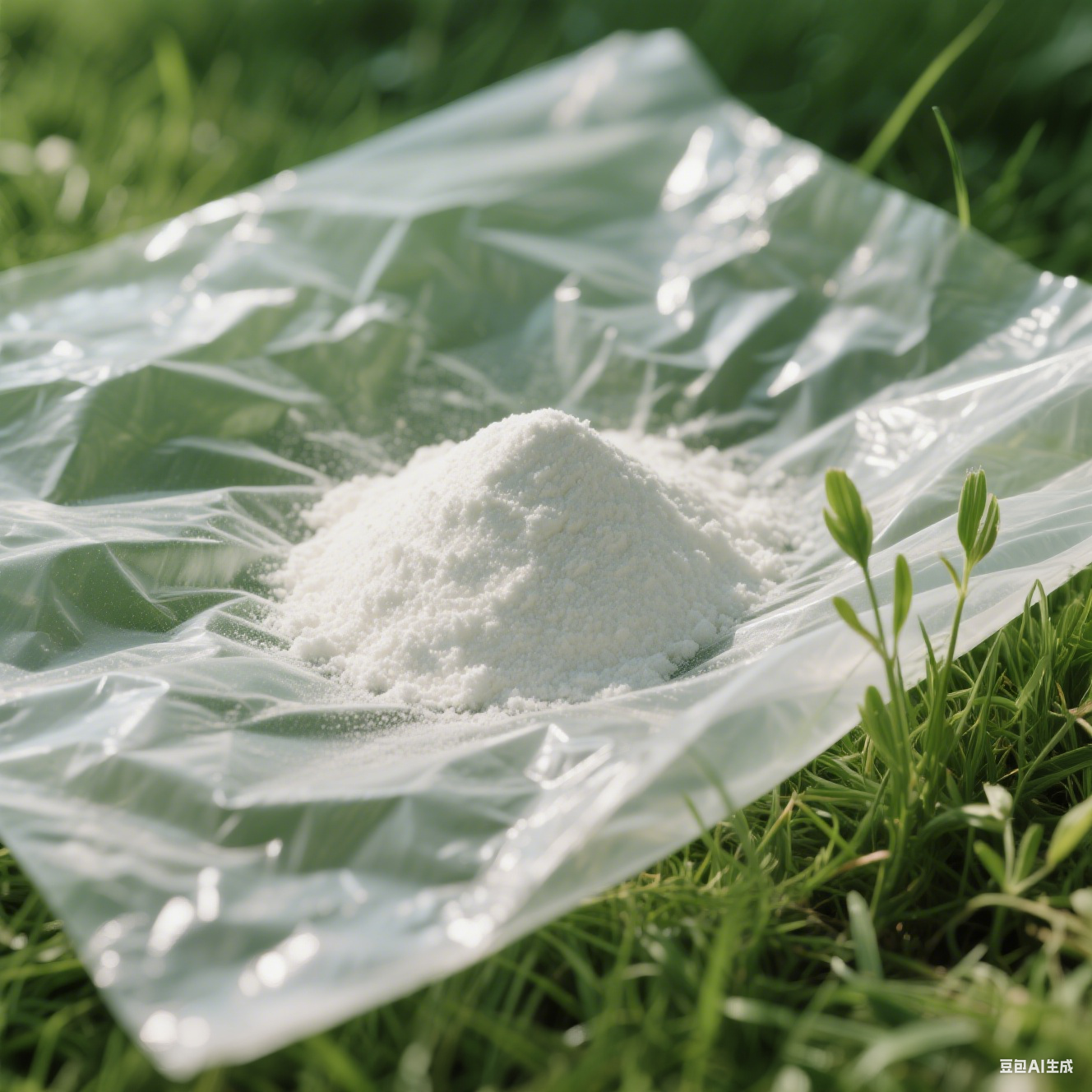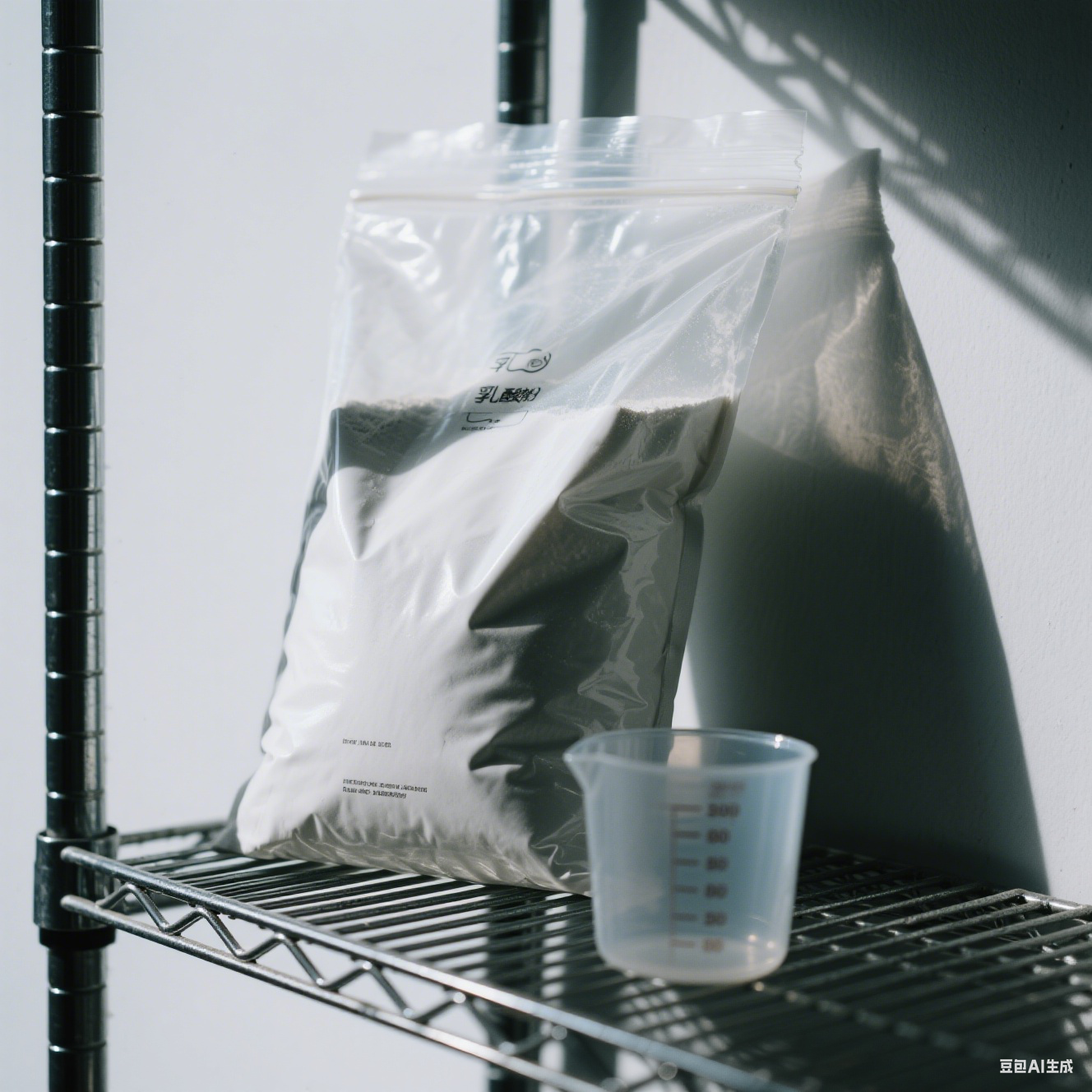the lactic acid
Lactic acid is a versatile organic compound that plays a crucial role in various industries and biological processes. This naturally occurring acid is produced through fermentation and can be found in many food products and living organisms. In its molecular form, it exists as C3H6O3 and serves multiple functions across different applications. The compound is particularly notable for its role in muscle metabolism, food preservation, and industrial manufacturing processes. In the food industry, lactic acid functions as a preservative, flavoring agent, and pH regulator, helping to maintain product stability and enhance taste profiles. Its antimicrobial properties make it invaluable in food safety applications, effectively inhibiting the growth of harmful bacteria. In the cosmetic and pharmaceutical industries, lactic acid serves as a key ingredient in skincare products, particularly in chemical peels and moisturizers, due to its ability to promote skin cell turnover and improve texture. The compound's industrial applications extend to biodegradable plastics production, where it serves as a primary component in creating environmentally friendly packaging materials. Its natural origin and biodegradable properties make it an increasingly popular choice in sustainable manufacturing processes.


